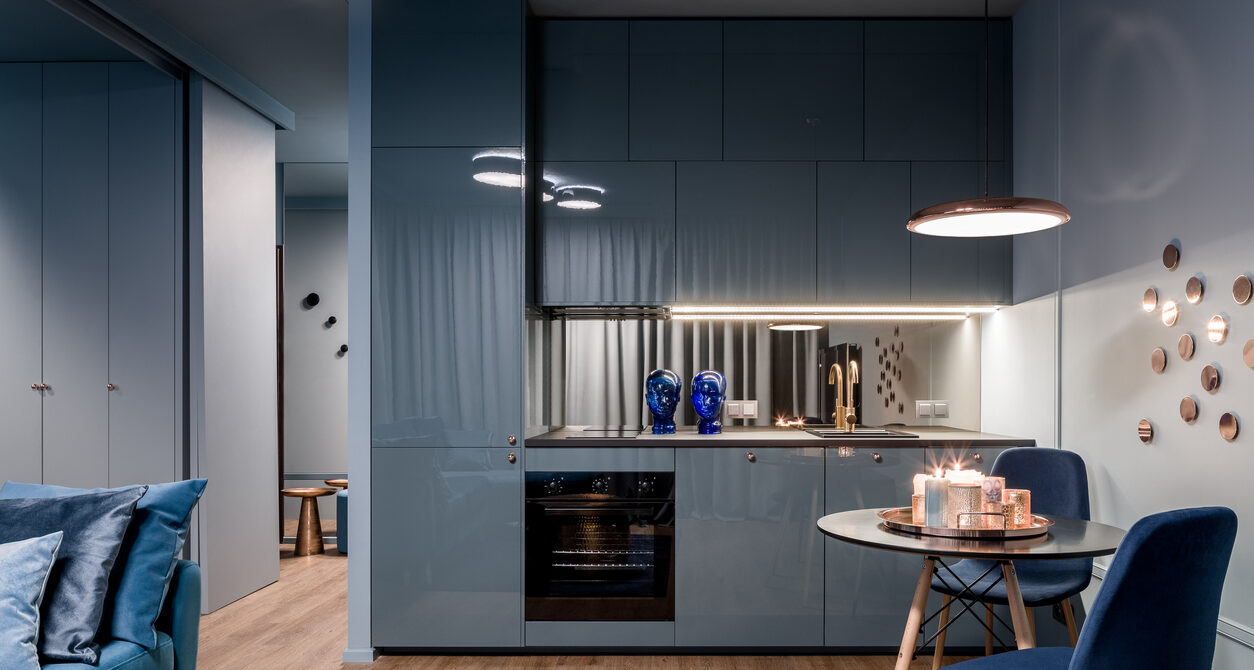In a world where bigger often seems better, the concept of downsizing might feel like swimming against the tide. However, for many, moving into a smaller property can offer a refreshing sense of freedom and simplicity.
Whether you’re an empty nester, looking to cut costs, or simply craving a change, downsizing might be just what you need!
This guide will walk you through everything you need to know about making this significant lifestyle change.
Finding Your Best Fit
The decision to downsize is often driven by the desire for a home that fits your current lifestyle. It’s about finding a space that’s comfortable without being overwhelming. It’s essential to start by assessing your needs and wants. Consider the number of rooms you’ll require, the size of living spaces, and any specific features you can’t live without.
Begin by listing your must-haves and nice-to-haves. For instance, if you’re an avid gardener, a small yard might be a must-have. Or you may be a city dweller who doesn’t cook much, therefore you might prioritise a spacious kitchen less. This process helps narrow down your options, allowing you to focus on properties that truly meet your needs.
Don’t forget to think about the future. If you’re approaching retirement, consider how your needs might change in the coming years. A home with fewer stairs or one that’s closer to family and friends might serve you better in the long run. By focusing on what matters most, you can find a home that suits you perfectly.
Find the Location You Want to Live In
Location is a critical factor when downsizing. The right location can enhance your quality of life, offering accessibility to amenities, social engagement, and a sense of community. Start by considering what you value most in a neighbourhood. Do you prefer the hustle and bustle of city life, or are you drawn to the tranquility of suburbia?
Research different areas and visit them at various times of the day. This will give you a sense of the neighbourhood’s vibe and whether it aligns with your lifestyle. Check proximity to essentials like grocery stores, healthcare facilities, and public transport. Also, consider your hobbies and interests—proximity to parks, cultural venues, or sports facilities might be important.
Considering Future Growth
While focusing on immediate needs is essential, don’t forget to consider the long-term prospects of your chosen location. Evaluate factors such as property values, infrastructure development, and plans for future growth. A neighbourhood with promising potential can enhance your investment and provide added security for your future.
Enjoying More Time for Leisure Activities
Think about your social life. If staying close to friends and family is a priority, look for areas where they reside or are easily accessible. A well-chosen location can make your downsizing experience positive, providing convenience and community.
With less time spent on household chores and maintenance, you’ll have more opportunities to pursue leisure activities and hobbies. Whether it’s spending time with family, traveling, or exploring new interests, downsizing provides the freedom to enjoy life’s pleasures without the burden of excessive property upkeep.
Consider the Perks of Low-Maintenance Living
One of the biggest perks of downsizing is the shift to low-maintenance living. A smaller home typically requires less upkeep, giving you more time for the things you enjoy. Imagine weekends free from endless chores and maintenance tasks—it’s a liberating thought.
Smaller homes mean less cleaning, fewer repairs, and reduced utility bills. This can translate into significant time and financial savings. Many downsizers also opt for properties in managed communities, where landscaping and exterior maintenance are handled for you.
However, low-maintenance living often requires an initial adjustment period. You’ll need to adapt to a smaller space and possibly reduce your belongings. But this can be a rewarding process, encouraging a more minimalist lifestyle that emphasises experiences over possessions.
What About Finance?
Downsizing can have significant financial benefits, but it’s crucial to approach it with a clear understanding of your finances. Start by evaluating your current financial situation and how downsizing will impact it. Selling a larger home and moving to a smaller property could free up equity, providing funds for savings or travel.
Consider the cost of purchasing a new home, including taxes, fees, and moving expenses. Downsizing doesn’t always mean a lower mortgage; in some markets, smaller homes in desirable areas can be surprisingly costly. Additionally, factor in any renovations or upgrades needed to make your new home comfortable.
Creating a Sustainable Budget
To ensure a smooth transition to your new lifestyle, develop a sustainable budget that reflects your downsized expenses. Account for changes in utility bills, maintenance costs, and potential upgrades or renovations. A well-planned budget will help you maintain financial stability and enjoy the benefits of downsizing without any unwelcome surprises.
Consult a Financial Expert
Consulting with a financial expert can provide valuable insights and help you make informed decisions. They can assist in creating a budget that aligns with your downsizing goals and ensures a smooth transition. With careful planning, downsizing can be a financially savvy move that enhances your lifestyle.
Downsizing to a smaller property is more than just a change in residence; it’s a transformative experience that offers countless opportunities for growth, simplicity, and financial freedom. By finding the perfect fit, choosing the right location, and enjoying the perks of low-maintenance living, you can create a fulfilling, balanced lifestyle that aligns with your values and aspirations. Take the plunge into downsizing and discover the joy of a more intentional way of living.
If you’re ready to explore further, connect with an Elders professional who can guide you through this exciting transition.
